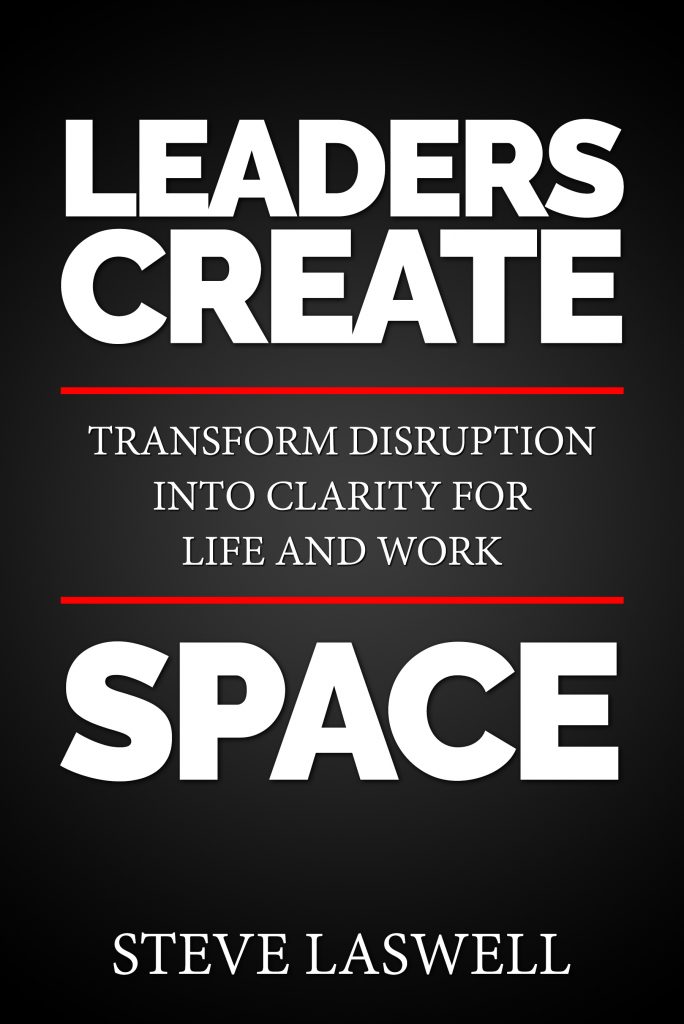
It’s easy to become so well-adjusted to the culture that we fit into it without even thinking. Sixty-years ago, a leisurely lifestyle indicated someone’s success. Now, there is a subtle shift toward busyness.
“How are you?” has become a casual greeting and superficial question. What’s the “correct” answer? I’m so…? Busy. Everyday people shine their busy badges and pin them on like a name tag. But why?
In the Harvard Business Review article, “Why Americans Are So Impressed by Busyness,” the authors concluded: “The more we believe that one has the opportunity for success based on hard work, the more we tend to think that people who skip leisure and work all the time are of the higher standing. By telling others that we are busy and working all the time, we are implicitly suggesting that we are sought after, which enhances our perceived status.”
As Henry David Thoreau fittingly stated, “It is not enough to be busy, so are the ants. The question is: What are we busy about?”
So, what gets your attention?
It’s easy to overlook the right priorities when living with the blur of busy. As Stephen Covey pointed out, many leaders spend the day on the urgent rather than the important. Its a comfort zone thing. Distracted leadership fails to focus on what matters most and can get caught up in the to-do list (busyness) instead of creating value.
As I write in my book, Leaders Create Space: Transform Disruption into Clarity for Life and Work, your work as a leader is to create space. It involves disruption, the intentional interruption of “doing” to think. This work requires you to create space to think, create clarity to act, and create opportunities to get better. What does it mean to engage in this creative work?
- Create Space to Think means you engage in the disciplined use of time, place, and resources to reflect on the truth found in the Story. Truth is feedback, experience, success, and failure.
- Create Clarity to Act means you deliberately align purpose and structure to achieve victory.
- Create Opportunities to Get Better means you cultivate the environment and culture to inspire people to do inspired work.
As a leader, you have more important work to do than being busy. What does it cost you to be taking on tasks that you can delegate? Leaders build, develop, and oversee their team and company. The Three Creations of Leadership are your work and responsibility. It’s on you to keep the vision alive, keep the culture on track and keep the mission and value of the organization in front of your leadership team and employees.
Bill Gates credits Warren Buffett with teaching him the importance of creating space to think. Gates says, “I had every minute packed, and I thought that was the only way you could do things. It’s not a proxy of your seriousness that you fill every minute in your schedule.”
Create Space to Think
The Three Creations of Leadership require time for consistent reflection on what’s going on in the Story. Leaders who learn how to slow down and reflect, accelerate performance.
What is being “so busy” costing you? When will you schedule the time to think, to get clarity, and to make the opportunity to get better?

